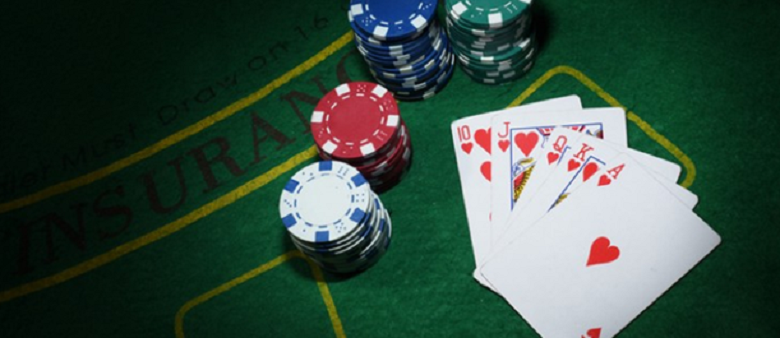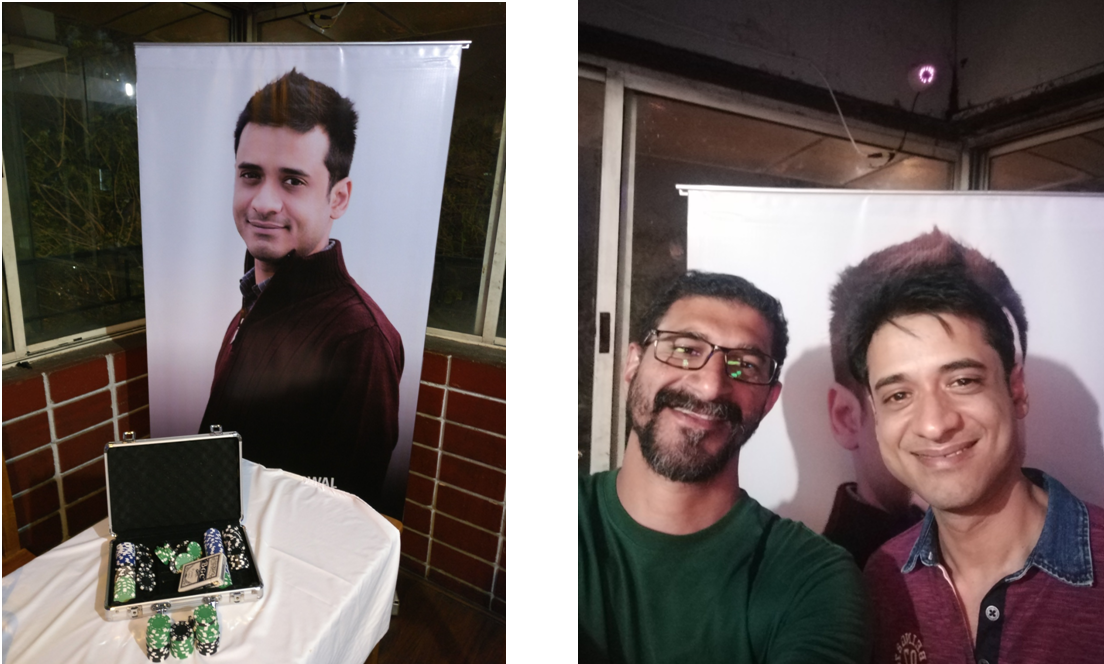Many years back, we had only three major requirements – food, water and clean air but with the advent of mobile [smartphone], it has also been added to the must-have requirements. Many of us develop a feeling of anxiety when our mobile phone is not around. With changing times, our basic necessities have now moved beyond Roti, Kapda, and Makaan to Roti, Kapda, Makaan, and Mobile. The mobile revolution has impacted each and every sector in business, whether it is banking, shopping, social, food, etc. and it has a profound impact on our day to day lives. Gone are the days where you had to plan in advance to do grocery shopping or buying clothes/shoes/gifts, etc. since there are mobile apps that help you achieve the same.

As per a report, mobile phone penetration is set to rise to 85~90% by 2020 and this growth has been fueled by the slew of affordable smartphones in the 8K~10K price range [Source]. Along with affordability of smartphones, increased internet penetration [even in rural areas] and push towards a Digital India are some of the other aspects that are driving the digital adoption in India. Gaming is one more industry that has also undergone a massive shift over a period of time. The mobile gaming was largely dominated by PC and console-based gaming in the 2000’s where several middle-income group Indians jumped on to the gaming bandwagon. Over a period of time, numbers of gamers in India are increasing multi-fold due to mobile penetration and improved internet connectivity. Mobile gaming has truly shaped how we engage with our smartphones today.
As per the Flurry Mobile Gaming Report, United States, India, China, Brazil, and Russia are the top five mobile gaming countries that drive 50% of all global gaming sessions [Source]. Since there are more than 350 million Indians in the youth population bracket, India becomes a very important market for the global gaming industry. Compared to other global markets, India has a very diverse consumption pattern and gaming behavior. The diversity exists across

The emergence of technologies like Augmented Reality [AR], Virtual Reality [VR], freemium game development, adoption of Platform As A Service [PASS] are some of the other factors fueling the growth of the overall gaming industry. In a nutshell, there are ample amount of opportunities for local players, well as global players like Zynga, Gameloft, etc. to make a dent in the evolving Indian gaming industry.
Card games have also moved beyond the physical tables and a lot of gaming companies in India are creating a niche by offering traditional games like Rummy and Teen Patti online that not only connects with the general audience but also bring a feeling of nostalgia in your minds. Games like Rummy and Poker are not only card games but you require a good amount of analytical & logical skills to play them. They are considered as mind games 🙂
More and more Indians are spending a considerable amount of time on smartphones & even hardcore gamers are shifting to the small screen for playing games. Though games like Poker are relatively new to the Indian audience, there is a growing interest and many Indian gamers [who are popular with card games] are willing to jump on to the Poker Bandwagon. When we talk about Poker, PokerStars [the flagship brand of The Stars Group Inc.] comes to our mind. On PokerStars, you will find more tournaments and games than any other poker site, with 24/7 support, secure deposits, fast cashouts and award-winning software. It is home to the best online poker events. PokerStars is the largest online poker site in the world controlling over two-thirds of the total online poker market [Source]. There has been lot of buzz about PokerStars entering India and that time might come soon
#PokerStars organized an event in Bengaluru where the main guest was Professional Poker Player – Aditya Agarwal. Aditya Agarwal is a member of Team PokerStars Pro and has cashed for more than four million dollars in the biggest PokerStars tournaments. He has been playing Poker since 2004 and now he has been tasked with the responsibility of promoting Poker in India. During the event, Aditya interacted with the bloggers and other members who were interested in Poker and shared details about his journey, love for Poker and why India is ready for a game like Poker. More details about Aditya Agarwal can be found here. Since card games like Rummy [and also Poker] are considered as games of skill, players can play and make real money during their tournaments.

While discussing about the adoption of Poker in India, Aditya explained that he is bullish that the early adopters of the game would spread the word and bring more interested gamers to the platform. Though this would be a huge task, they already have a decent platform since ‘social gaming’ or online card games are gaining more popularity due to wider internet penetration and if professional Poker players like Aditya can help reduce the learning curve, the game would see faster adoption.
Just like Rummy, Teen Patti and other online card games are garnering wider acceptance and fanfare, we hope that #PokerStars is also accepted by the ever-expanding online gaming community. PokerStars is set to launch in India soon and we wish that they create a dent in the online social gaming market in India!

